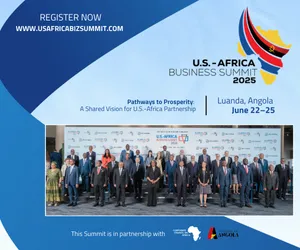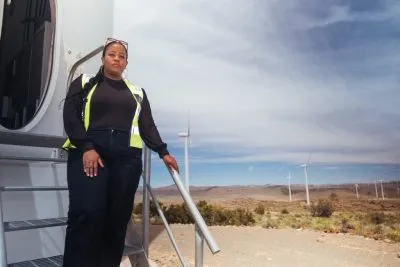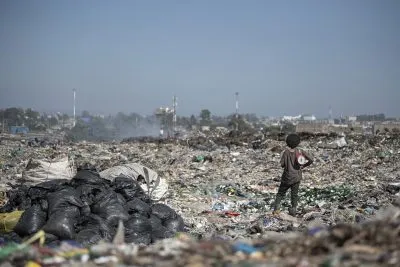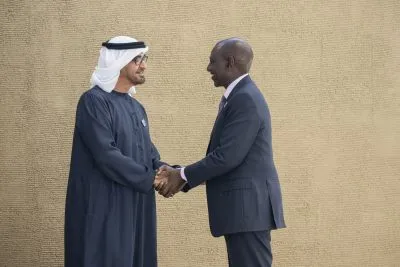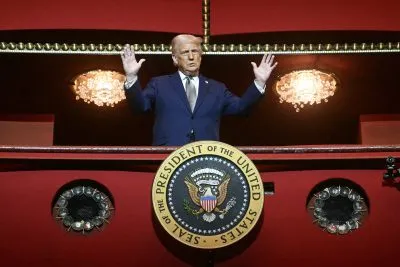When French foreign minister Laurent Fabius brought the gavel down on December’s historic Paris Climate Agreement, delegates embraced in the aisles, danced with their jubilant colleagues and celebrated long into the night.
As the UN’s Climate Change Conference returns to Africa for the first time in five years – Cop22 takes place in Marrakech from 7th to 18th November – the continent’s negotiators are adopting a tone of hard-headed realism and steeling themselves for the vital task of implementing the agreement. The necessity for action remains as urgent as ever.
By 2020, between 75m and 250m people in Africa could be exposed to increased water stress due to climate change, while the continent’s arid and semi-arid land could expand by up to 8% by 2080. While Africa welcomed the Paris Agreement as a critical step forward, only the most rigid implementation is likely to help the continent stave off the worst effects of climate change.
“Our approach towards Cop22 is one of making sure that the Paris Agreement signed last year is enacted, and Africa’s interests are very much on the front burner,” says Kwame Ababio, programme officer for climate change at the African Union’s New Partnership for Africa’s Development (NEPAD) agency. “That means issues of adaptation which the African leadership have consistently mentioned should be discussed at the highest level,” he says.
The issue of adaptation finance – the vast sums required to help Africa and other developing regions prepare for the effects of climate change – has long been a sticking point in global talks. Previous pledges of $100bn per year by 2020 – later estimated by the OECD to have reached just $52bn in 2013 and $62bn in 2014 – have yet to be clarified. With adaptation costs estimated to be at least 5–10% of the continent’s GDP, Africa is continuing to push for additional support from the richest nations.
While the Paris agreement largely sidestepped adaptation, African policymakers are hoping to return the issue to the top of the agenda in Marrakech. That means progress on a universal pledge aiming for around $100bn per year after 2020 and more beyond 2020. Increased technology transfers and capacity building are also seen as essential if Africa is to afford the costs of adaptation.
Yet the flexible nature of the Paris deal remains a major obstacle to Africa’s ambitions. While the signatories to the agreement all published ambitious national documents (INDCs) mapping out their plans, there are no binding enforcement mechanisms. Without global ratification, the 1.5°C target begins to look very fragile.
“Because we are working through the UN system, which is all about consensus building, it’s hard to have a binding agreement,” says Ababio. The priority for Africa will be convincing the world that Paris represents the start of a journey rather than the destination. Perhaps the choice of Marrakech – a semi-arid city cloaked in 35°C heat in November – will be enough to concentrate minds on the costs of inaction.
David Thomas

Want to continue reading? Subscribe today.
You've read all your free articles for this month! Subscribe now to enjoy full access to our content.
Digital Monthly
£8.00 / month
Receive full unlimited access to our articles, opinions, podcasts and more.
Digital Yearly
£70.00 / year
Our best value offer - save £26 and gain access to all of our digital content for an entire year!

 Sign in with Google
Sign in with Google 

